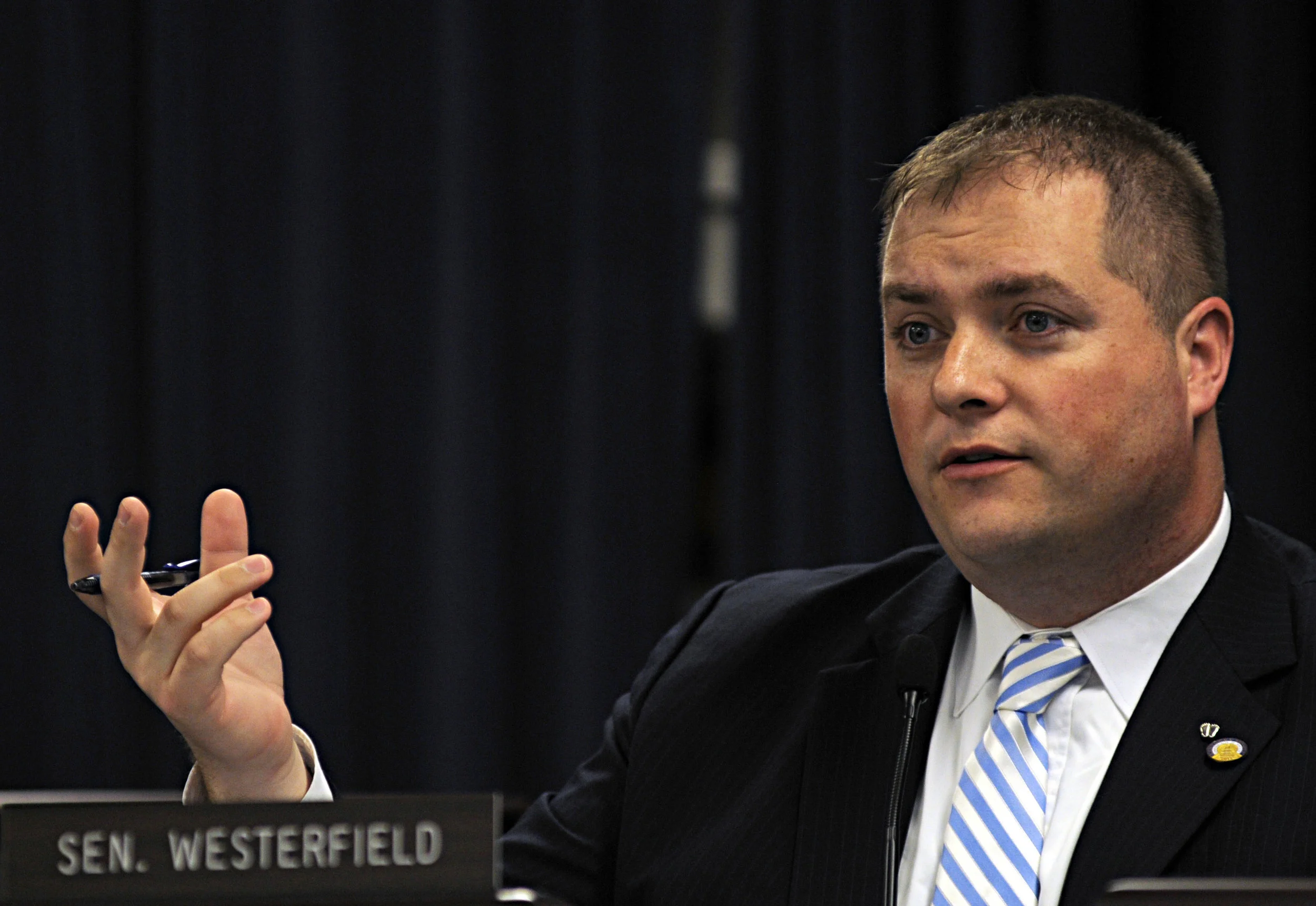UPDATE: On November 28th, staff for the Department of Juvenile Justice and the Administrative Office of the Courts informed me that the data contained in this post is not statewide data, but rather specifically from Jefferson County. I'll update this post with statewide data once the agencies have provided it.
Over the last two years the Juvenile Justice Oversight Council (JJOC), created by Senate Bill (SB) 200's juvenile justice reforms, has overseen the implementation of that landmark legislation. In the time since its enactment we have already seen positive outcomes with fewer kids ending up in the court system and being placed, unwisely and expensively, out of home. This is still the early days of the reforms, but the preliminary indications are very good, and show the bill is improving outcomes for kids without diminishing public safety.
While we continue to discuss and dissect the rollout of this enormous reform bill, our work on the council also includes exploring policy areas that SB 200 didn't directly address. At the top of that to-do list is an area of policy work that demands our attention and awareness: Disproportionate Minority Contact, or "DMC." In Kentucky's juvenile justice system, a system Lady Justice demonstrates should be blind, is evidence that minority children are treated differently.
First, it is important to put the data in context. Remember as you read through this column that as of 2014, Kentucky's youth population (10 to 17 year olds) roughly breaks down to 83 percent white, 10 percent black, 5 percent Hispanic and 2 percent Asian.
In 2015, statewide status offense (a status offense is not a crime but is an offense only because the person committing it is a juvenile, including truancy, possession of tobacco, running away) detentions already demonstrate a disproportionate reality, with 13 percent of those cases belonging to black youth, compared to 77 percent white youth.
With over 1,700 school complaints during the 2015-2016 school year (statewide) we see a vivid image of DMC. Nearly 1,200 of them were complaints about black youth. Here are a few other takeaways from this statewide data:
Black youth had nearly the same number of truancy complaints at 322 as white youth at 314 (remember the 83 percent vs. 10 percent). Still more jarring is the difference in the disorderly conduct complaint category, wherein white youth make up 35 school complaints compared to the 226 lodged against black youth. On the charge of Assault in the 3rd Degree (the attempted or actual assault on a teacher, law enforcement officer, first responder and other select professions; a class D felony) black youth had 92 school complaints compared to 17 for white youth. To do the math for you, the percentage comparisons between white and black kids are grossly disproportionate relative to their respective share of the youth population: Truancy – 45 percent black, 44 percent white; Disorderly Conduct – 85 percent black, 13% white; Assault – 80 percent black, 15 percent white.
2015-2016 School Year, Complaints By Race
I wish the data stopped there, but it does not. Between 2014 and 2016, the likelihood that a juvenile would be deemed a "youthful offender," which means they're prosecuted in Circuit Court for felonies as an adult, has declined for white youth but has increased for black youth. In 2014, 41 percent of youthful offenders were white, compared to 50% percent black (itself a disproportionate statistic), but the data from 2016 shows those two groups at 19 percent and 71 percent, respectively.
2014-2016 Youthful Offenders By Race (%)
This is simply wrong.
Over the last few months the JJOC has heard hours of testimony about DMC in Kentucky and steps already underway to address it. The September meeting of the JJOC was entirely about the subject. Prior to the meeting I made a formal request to each member of the council to come prepared with policy recommendations, and they delivered. I have already begun work on legislation I intend to introduce in the 2017 session to end this miscarriage of justice for minority youth and I intend to include many of these recommendations. In the 2016 session I sponsored SB 270 that would have required the most prominent state agencies involved in the juvenile justice system to collect data on race, identify DMC in their own systems, and develop and implement plans to eliminate it to the extent they can. That bill failed to pass, but I am not giving up. The numbers are painfully clear that we must take steps to eliminate implicit bias in our system wherever it exists, to improve the community resources for troubled youth regardless of their skin color, and to make certain Lady Justice remains blind.






